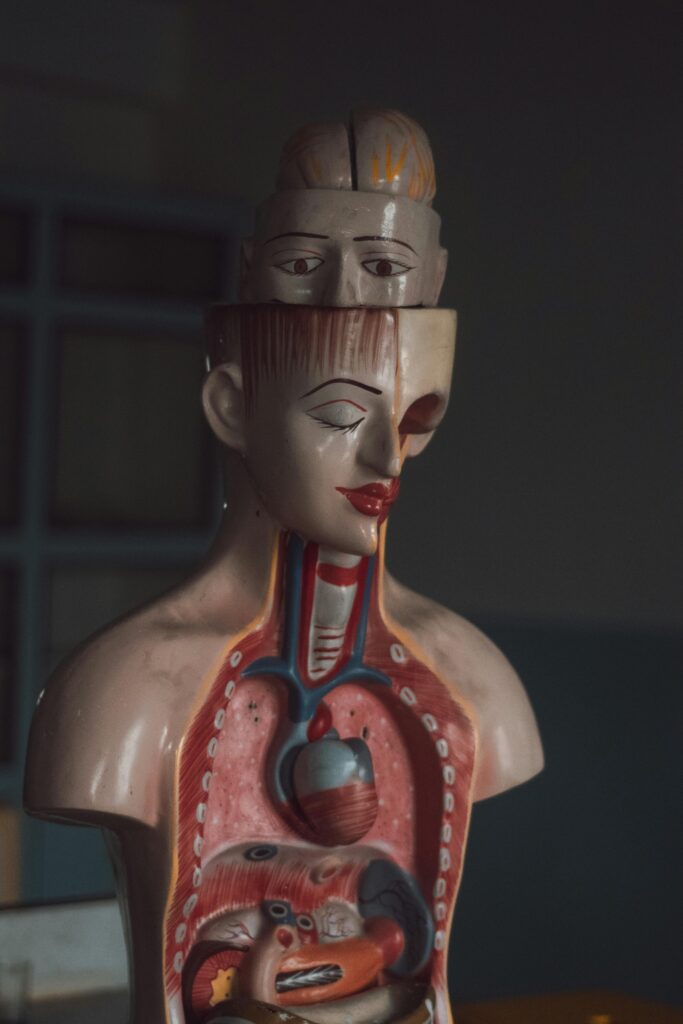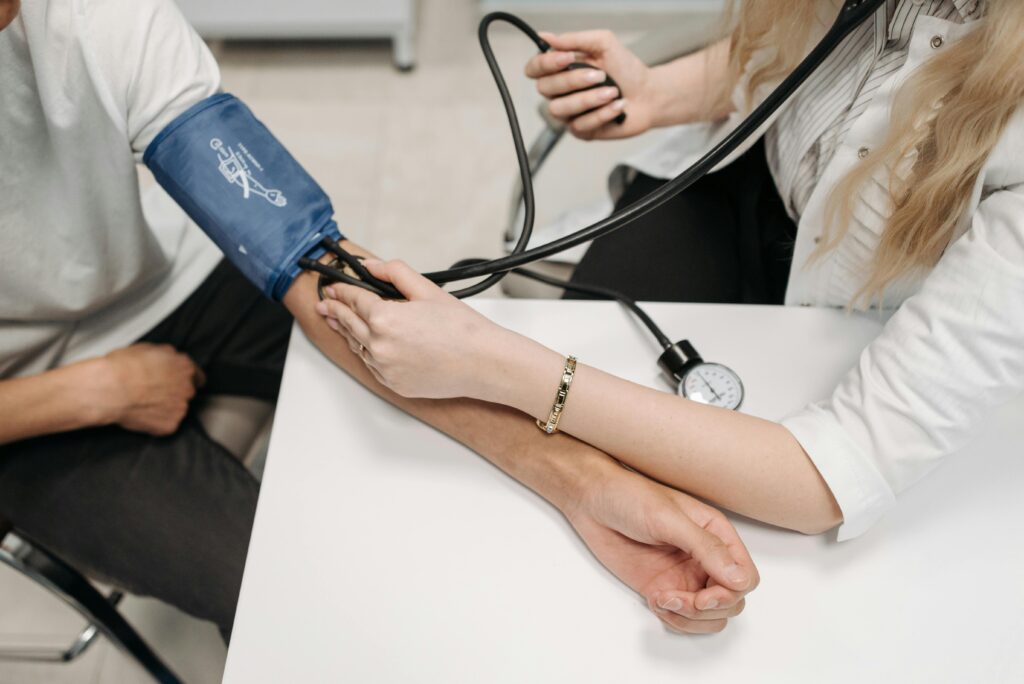Table of Contents
Introduction:
Abdominal aneurysm, often referred to as an abdominal aortic aneurysm (AAA), is a condition in which the lower part of the aorta (the main artery in the body) becomes enlarged or bulges. This condition can be life-threatening if it ruptures, so recognizing the early warning signs is crucial. In this article, we’ll explore the causes, symptoms, diagnosis, and treatment of abdominal aneurysm, along with the five early warning signs you shouldn’t ignore.
What is Abdominal Aneurysm?
An abdominal aneurysm occurs when the aorta, which carries blood from the heart to the rest of the body, weakens and swells. This bulging can eventually lead to a rupture, which can be fatal. The aorta, when affected by an aneurysm, is particularly vulnerable because of the high pressure of the blood flowing through it.
Causes and Risk Factors:
While the exact cause of an abdominal aneurysm can vary, several risk factors can increase the likelihood of developing this condition:
- Age: Individuals over 65 are more at risk.
- Smoking: Smokers are significantly more likely to develop aneurysms.
- Family history: If a close relative has had an aneurysm, you may be more susceptible.
- High blood pressure: Hypertension weakens blood vessel walls, increasing the risk.
- Gender: Men are more prone to abdominal aneurysms than women.
5 Early Warning Signs of Abdominal Aneurysm: Recognizing the early signs of an abdominal aneurysm can be life-saving. Here are the five early warning signs you should not ignore:
- Abdominal Pain:
A constant deep pain in the abdomen or lower back could be an indicator of an aneurysm. The pain may worsen with movement or deep breaths. - Pulsating Sensation:
Feeling a pulsating sensation near your navel, especially while lying down, may indicate an enlarged aorta. - Nausea and Vomiting:
If you experience sudden nausea or vomiting, combined with abdominal pain, it could be a sign that the aneurysm is worsening. - Dizziness or Lightheadedness:
If an aneurysm is large or close to rupturing, you may experience dizziness due to a drop in blood pressure. - Sudden Severe Pain:
A sudden, severe pain in the back or abdomen could indicate that the aneurysm has ruptured, which requires immediate medical attention.
Diagnosis of Abdominal Aneurysm:
Early detection of an abdominal aneurysm is key to preventing rupture. The most common diagnostic tools include:
- Ultrasound: A non-invasive test that can detect the presence of an aneurysm.
- CT scan or MRI: These imaging tests provide detailed pictures of the aorta and help determine the size of the aneurysm.
- Physical Examination: A doctor may feel for a pulsating mass in the abdomen during an examination, although not all aneurysms can be detected this way.
Treatment for Abdominal Aneurysm:
If you’re diagnosed with an abdominal aneurysm, treatment options will depend on the size and location of the aneurysm, as well as your overall health. The main treatment approaches are:
- Monitoring: If the aneurysm is small and not causing symptoms, your doctor may recommend regular monitoring through imaging tests.
- Surgery: Larger aneurysms, especially those at risk of rupture, may require surgery. The two main types of surgery are:
- Open surgery: Involves removing the damaged section of the aorta and replacing it with a synthetic graft.
- Endovascular repair: A less invasive procedure where a graft is inserted through the groin to reinforce the weakened section of the aorta.
Prevention of Abdominal Aneurysm:
While you cannot prevent all aneurysms, certain lifestyle changes can reduce your risk:
- Quit Smoking: This is the most important step in preventing an aneurysm.
- Control Blood Pressure: Keeping your blood pressure within a healthy range can help reduce stress on the aortic walls.
- Maintain a Healthy Weight: Regular exercise and a balanced diet can help prevent conditions that contribute to aneurysms, such as high blood pressure and cholesterol.
Conclusion:
Abdominal aneurysms are a serious condition, but understanding the warning signs and risk factors can help you catch them early. If you experience any of the symptoms mentioned, it’s essential to consult a healthcare professional as soon as possible. Early detection and treatment can significantly improve outcomes and prevent complications. If you need more information or help with your health journey, feel free to contact us at Health Authentica. Our experts are here to provide guidance and support for your health concerns.













